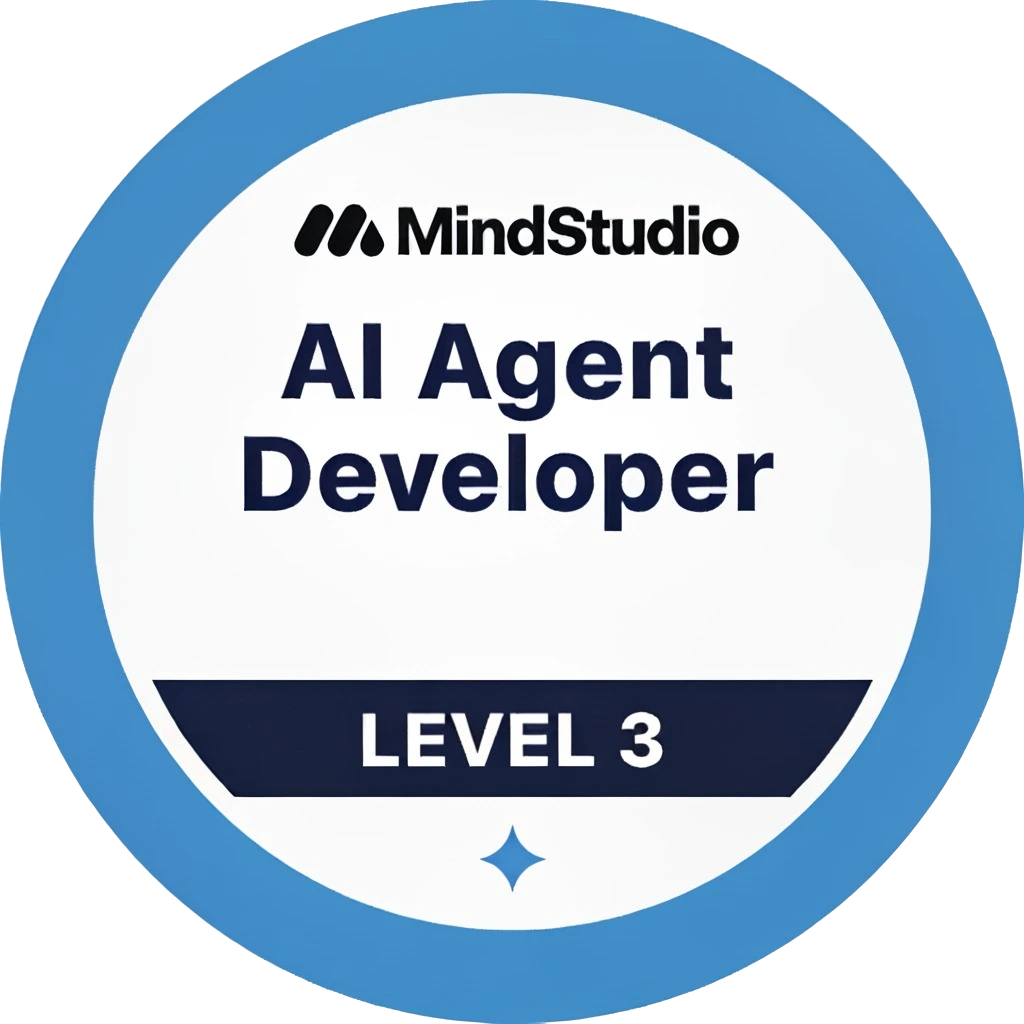Blog writing can be a game changer for counsellors looking to extend their reach, share expertise, and build trust with potential clients. But, let’s be honest—keeping up with regular, high-quality content isn’t easy when you’re also managing appointments, paperwork, and your own wellbeing. That’s where AI-powered tools step in, making blog creation more efficient and taking some of the pressure off. At Richard Thorne Web Design, we’re seeing a growing interest in automated solutions—especially as AI and content creation continue to evolve in 2025. Whether you’re a seasoned therapist or just starting to build your online presence, understanding how to use AI for blog writing can help you work smarter, not harder, while staying true to your practice values.
Introduction to AI in Blog Writing for Counsellors
The digital landscape for counselling and wellness professionals is changing rapidly, and AI is at the heart of this transformation. More and more practitioners are discovering how artificial intelligence can support their marketing efforts—especially when it comes to content creation. In fact, “In 2025, 30% of UK therapists have incorporated AI tools into their practice.” This shift isn’t just about jumping on the latest tech trend; it’s about using smart automation to address real-world challenges like time constraints, creative fatigue, and the need for consistent online engagement.
For counsellors, regular blog posts can help prospective clients get to know your approach and philosophy before they ever reach out. However, finding the time and energy to write thoughtful, SEO-optimised articles can be tough. AI writing tools are now making it possible to generate drafts, suggest topics, and even optimise your posts for search engines—letting you maintain an active blog without sacrificing hours you could spend helping clients.
Of course, there’s an art to using AI in a way that preserves your authentic voice and keeps ethical standards front and centre. As more therapists embrace these tools, the conversation is moving beyond “should I use AI?” to “how do I use it well?” That’s what we’ll explore in this guide.
Top AI Writing Tools for Counsellors in 2025
With so many AI writing assistants on the market, it can feel overwhelming to choose the right one for your practice. Not all AI tools are created equal—some are better for brainstorming ideas, others for polishing language, and a few stand out for their ability to tailor content to specific audiences, like those seeking counselling or therapeutic support. Here are some of the top contenders counsellors are using in 2025:
- Jasper AI: Known for its intuitive interface and depth of content templates, Jasper is popular among professionals who want to generate blog posts, social media updates, or even email newsletters quickly. It can suggest outlines, headlines, and more, all tailored to your chosen niche.
- Writesonic: Writesonic stands out for its ability to create highly customised, SEO-friendly content. This tool helps you address local and long-tail keywords—crucial for therapists who want to be found by clients in their community. As cited, “AI-generated content can improve SEO performance by optimizing for local and long-tail keywords, enhancing search rankings for counselling services.“
- Copy.ai: If you’re struggling with writer’s block, Copy.ai is great for idea generation and headline suggestions. Its conversational tone makes it a good match for therapists looking to maintain a warm, approachable style in their content.
- GrammarlyGO: While Grammarly has long been the go-to for proofreading, the new GrammarlyGO features use AI to help you rewrite, shorten, or expand drafts—helpful for ensuring clarity and professionalism in sensitive topics.
- Surfer AI: For those who want to take a data-driven approach, Surfer AI not only generates content but also analyses top-ranking articles to make sure your blog posts compete well in search results.
The best tool for you may depend on your comfort with technology, your specific content goals, and how much you want to customise the AI’s output. At RTWD, we recommend starting with a trial run—draft a blog post using one of these platforms, then edit it to add your personal touch. Remember, “AI-driven content creation tools can automate content generation and scheduling, freeing time for counsellors to focus on patient care.“
And if you’re already working with https://richardthornewebdesign.uk/, integration with your WordPress site can make publishing and updating your blog even smoother, ensuring your content stays fresh without the hassle.
Balancing AI Efficiency with Human Touch
AI tools are fantastic for overcoming blank-page syndrome and keeping your blog on schedule, but the heart of counselling is human connection. No matter how advanced AI gets, it can’t replicate your unique perspective, empathy, and voice. The goal isn’t to hand over all your writing to a robot—it’s to use technology as a supportive partner.
Here’s how to strike that balance:
- Use AI for Structure, Not Substance: Let AI suggest outlines, write introductions, or fill in common knowledge, but always add your expertise, anecdotes, and client-centred insights.
- Edit for Tone and Authenticity: Before publishing, read through the AI’s draft and make sure it sounds like you. If it feels generic or impersonal, tweak the language and share your real-world experience.
- Double-Check for Sensitivity: Counselling topics are deeply personal. Ensure the AI-generated content respects client confidentiality, avoids stereotypes, and aligns with your ethical standards.
- Engage with Your Audience: AI can help you create content, but only you can respond thoughtfully to comments, emails, or questions that come from your readers.
By combining the speed and efficiency of AI with your own knowledge and compassion, you can create content that’s both practical and meaningful—helping your blog stand out in a crowded digital space.
Ethical Considerations and Data Privacy
As AI becomes more prevalent in content creation, ethical considerations should always be top of mind, especially for those in the counselling field. Trust is the foundation of every therapeutic relationship, and your blog should reflect those same values. “AI systems can inherit biases from their training data, potentially leading to unfair or discriminatory treatment of clients.” This means it’s crucial to review AI-generated content for accidental bias, outdated stereotypes, or language that doesn’t align with your practice’s inclusivity goals.
Data privacy is equally important. “The use of AI in therapy raises concerns about data privacy and security, as client data is highly sensitive and must be protected from unauthorized access.” While most AI writing tools don’t require uploading sensitive client information, it’s wise to be cautious about what you input into any platform. Avoid sharing personal case details or anything that could identify a client. Instead, focus on general advice, wellness tips, or anonymised scenarios when using AI for blog writing.
Here are a few practical steps to stay ethical and compliant:
- Review all AI-generated content for bias or insensitivity before publishing.
- Never share confidential client information with AI writing tools.
- Choose reputable AI providers that prioritise data security and comply with GDPR or other relevant regulations.
- Be transparent with your audience about the use of AI-generated content if appropriate.
At RTWD, we believe that technology should empower, not endanger, your relationship with clients. By taking a thoughtful approach, you can harness AI’s benefits while upholding the highest ethical standards.
Implementing AI-Generated Content: Best Practices
Ready to get started with AI-powered blog writing? Here are some best practices to make the most of these tools while keeping your content authentic, relevant, and secure:
- Start Small: Try using AI to generate ideas, outlines, or draft sections of your blog. As you get comfortable, expand its role in your workflow.
- Always Edit and Personalise: Even the smartest AI can’t capture the full nuance of your professional experience. Make sure every post reflects your voice and values.
- Optimise for SEO: Take advantage of AI’s ability to research keywords and structure content. As mentioned earlier, “AI-generated content can improve SEO performance by optimizing for local and long-tail keywords, enhancing search rankings for counselling services.”
- Schedule and Automate, But Stay Engaged: Use AI to plan and post content consistently, but keep an eye on your blog’s comments and analytics to stay connected with your readers.
- Stay Updated on Ethical Guidelines: AI technology (and the laws around it) are changing fast. Keep learning about best practices for privacy, consent, and inclusivity.
- Leverage Professional Support: If you’re not tech-savvy or want to streamline the process, work with a web design partner like RTWD to integrate AI content services into your site safely and efficiently.
AI in blog writing is a powerful tool for counsellors looking to reach more people, share their knowledge, and establish credibility. When used thoughtfully, it can help you focus more on your core mission—helping clients—while keeping your online presence strong and up to date. Whether you’re just starting your blogging journey or ready to take your content strategy to the next level, the team at https://richardthornewebdesign.uk/ is here to support you every step of the way.
Embracing AI doesn’t mean losing your personal touch. It means working smarter, maintaining ethical standards, and delivering valuable insights to those who need them most. Here’s to a more efficient—and more human—approach to blog writing in 2025.

